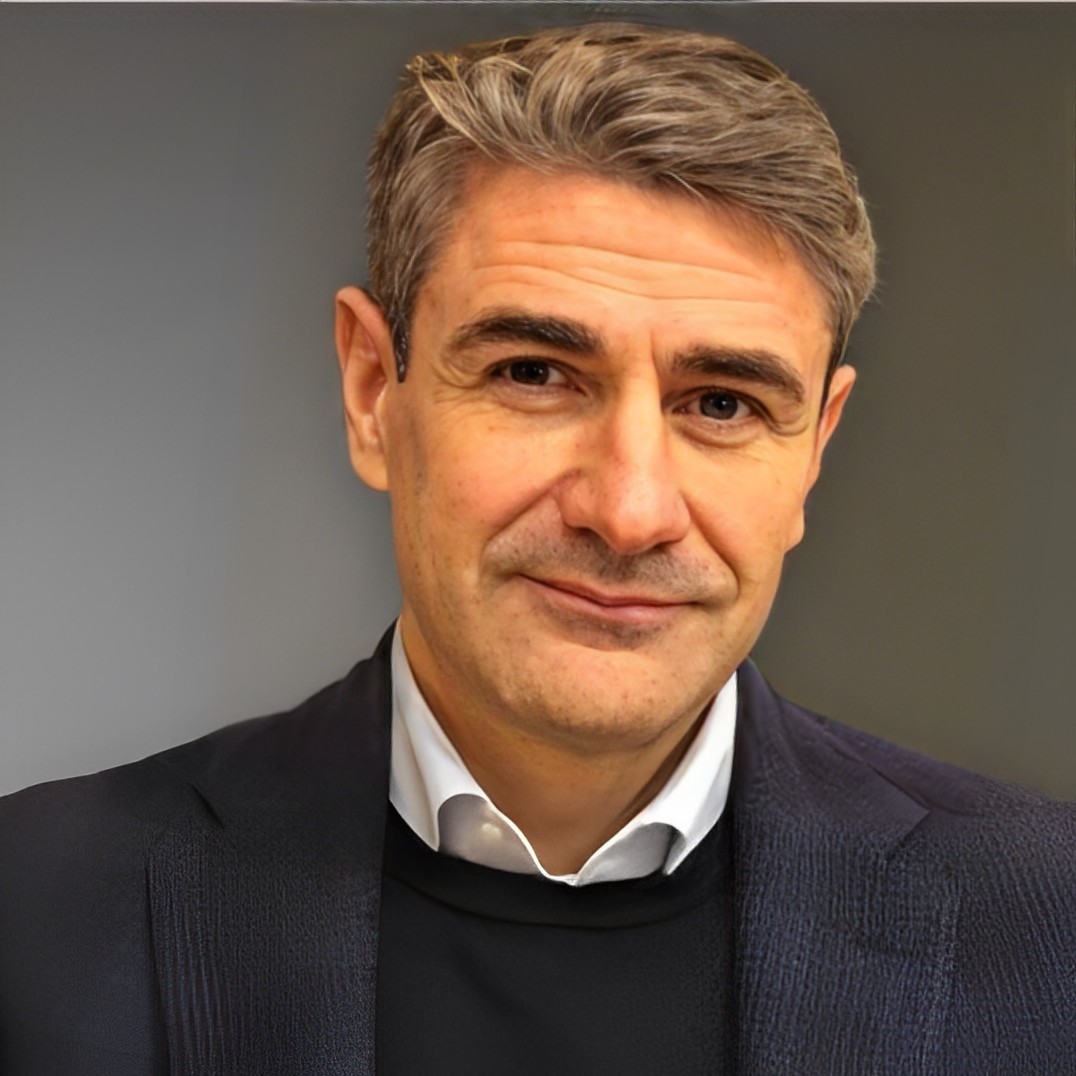Quoting Giampaolo Bianchini, the Head of the Translational and Immunotherapy research group at the San Raffaele Scientific Institute, Milan, on X/Twitter:
”Out on Nature our work ‘Spatial predictors of immunotherapy response in triple-negative breast cancer’ lead by Ali Lab and myself. To work, immunotherapy requires certain immune cell types, in proper functional state and spatial context.
Immune checkpoint blockade (ICB) improves TNBC outcome in both metastatic and early setting, but biological determinants of individual benefit, especially in early setting, are unknown Precision immunology in breast cancer is a major unmet need.
43 proteins were quantified at single-cell resolution by Imaging Mass Cytometry.
Based on protein expression profiles, we identified:
- 17 cancer cell populations,
- 20 tumour microenvironment (TME) cell populations.
We also mapped carboplatin in situ by detecting platinum.
Both epithelial and TME cell phenotypes differed between TNBC subtypes (Basal-like 1, BL1; Basal-like 2, BL2; Luminal androgen receptor, LAR; Mesenchymal, M; Mesenchymal stem-like), and PD-L1 positive and negative tumors (by IHC Ventana SP142). At baseline (pre-treatment), the presence of proliferating tumour cells expressing MHC-I and II and proliferating CD8 T cells expressing TCF1 were strongly predictive of pathological complete response (pCR) only in tumours receiving atezolizumab.
In addition, a high number of close spatial interactions (direct cell-to-cell contacts) between tumour cells and specific immune cells, such as B cells and CD8 granzyme B+ cytotoxic T cells, were also associated with a high likelihood of benefit from immunotherapy.
Studyng on-treatment samples revealed that sensitive tumours enriched in CD8 granzyme B+ T cells (stronger in atezo arm), whereas in resistant tumours the proportion of CD15+ tumour cells increased (only atezo arm), a potential new mechanism of adaptive immune resistance.
Investigating overall cellular dynamics, we found that immunotherapy distinctively remodels tumour structure Immune cells increased dramatically on-treatment (greatest with atezo) and decreased after treatment, accompanied by a lower in cancer cells and higher in stromal cells.
Multivariate modeling revealed that TME activation and tumor structure play pivotal roles in predicting treatment responses to immunotherapy Additionally, early on-treatment biopsies enhance predictive accuracy and could thus inform adaptive treatment strategies.
This would not have been possible without the collaboration between Fondazione Michelangelo and CRUK Cambridge Institute, the support by Ospedale San Raffaele and Fondazione Gianni Bonadonna, funders including Fondazione AIRC per la ricerca sul cancro, The Breast Cancer Research Foundation. Special thanks to the terrific work done by Xiao Qian Wang and all co-authors.
Very important: All imaging mass cytometry and clinical response data can be accessed via a Zenodo data repository for academic, non-commercial research! A terrific resource for the scientific community to build upon our findings.”
For the article click here.
Source: Giampaolo Bianchini/Twitter
